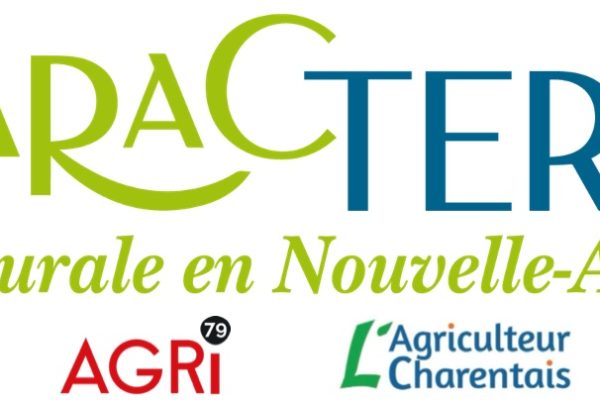Preview: Veterinarians are considered by society to be experts in animal health and the treatment and prevention of animal disease and are similarly regarded in matters of animal welfare. As such, veterinarians are expected to make judgements regarding the welfare of animals both in their care and beyond. […]
Professional and societal expectations confer a responsibility upon veterinarians to lead the way in promoting good animal welfare, and making ethical decisions for their animal patients, in often difficult situations. The specific decisions made by a veterinarian will vary depending on local legislative requirements, drug and equipment availability, and cultural expectations; a global understanding of the role of the veterinary practitioner in promoting animal welfare is fundamental for advancing companion animal* health and welfare around the world.
So, what is animal welfare? While there currently is no universally accepted definition, for the purposeof this document we will define it as follows: "Animal welfare is the physical and psychological, socialand environmental well-being of animals"
Veterinary professionals are expected to provide not only for physical health, but also the non-physical aspects of animal welfare that allow for the psychological, social and environmental well-being of their patients. And veterinarians must do so in the face of a diverse socio-economic, cultural, technological, and educational world. […]
A good understanding of how to provide for the pet's welfare also provides a means of building trust with animal owners. Studies have shown that owners whose pets are considered "part of the family" are more responsive to veterinary recommendations, as are those who have an established pet-owner-veterinary bond (Lue, Pantenburg and Crawford, 2008). A recent survey revealed that clients of veterinarians who discussed with them the value of human-animal connections were up to 77% more likely to follow the veterinary recommendations, come for wellness appointments and purchase pet insurance (HABRI, 2016). Overall, this can allow for better patient care, improve professional satisfaction for the veterinarian and the veterinary team, and result in healthier animals and happierpet-owning individuals or families. […]
These guidelines are intended to assist companion animal veterinarians throughout the world in their understanding of contemporary animal welfare concepts and science, and provide guidance on addressing potential animal welfare problems, navigating some more common ethical issues, and promoting good animal welfare through effective communication, both within the veterinary clinic* and beyond




